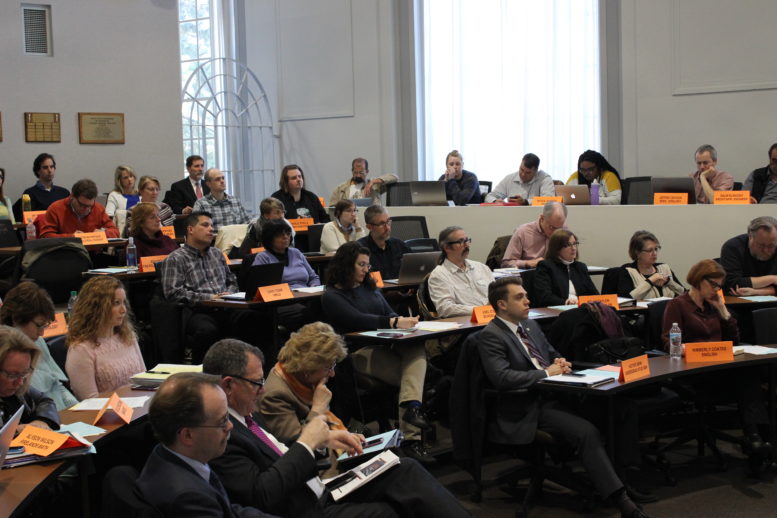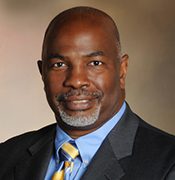By DAVID DUPONT
BG Independent News
Bowling Green State University is changing the way it budgets its operations.
Forums have been held recently on Performance-Based Budgeting, and this week President Mary Ellen Mazey and Provost Rodney Rogers gave a presentation to Faculty Senate on how the institution-wide process would affect academic units.
With the change, the budgeting, specifically that covering faculty, will move to the college level with deans having more control over the money. “We’re trying to align resources with the activities going on on the collegiate level,” Rogers said.
But that will come with more scrutiny of individual academic units, whether colleges, schools, departments or programs.
Mazey promised the new budgeting process would be “open and transparent.”
“What we are trying to achieve is to align the budget with the vision and mission of this institution,” she said. That vision is all about “student success.” That means recruiting students and then keeping them until they graduate.
Financial resources will be allocated based on how well programs do that.
But Rogers noted, not all units are the same. He said the administration will proceed cautiously to avoid unintended negative consequences.
Rogers said in light of the new state oversight through House Bill 6, which requires universities to look at what programs and courses have few students and low enrollment, this approach makes sense.
“It’s not a new model,” Rogers said. “It’s a new model for us.”
Data will be collected annually, then rolled into a three-year average to smooth out any one-time divergences. That data will be compared to data from a group of 33 peer institutions.
The administration will consider a number of factors including how many students are enrolled in a program, and how many end up graduating as well as how many are participating in “high impact practices.” Those practices include internships, service learning and study abroad. Also how much external funding in the form of grants a program receives as well as donations generated will be considered.
Other factors could be national recognition and the program’s contribution to helping the achieving its diversity goals for students, faculty and staff, Mazey said.
“We will look at that data to establish the funding for each of our collegiate budgets,” Rogers said.
Lori Liggett, a lecturer at the university, expressed concerns that the reviews would lead to some programs being deemed “inefficient” and faculty, particularly non-tenure track faculty being laid off.
Rogers said that if there’s a program, department or school where “there’s simply no demand for its courses” that would have to go through the HB6 process anyway.
The goal, he said, was to balance quality and efficiency, “so families can afford a Bowling Green State University education.”
BGSU adopting new budget process





